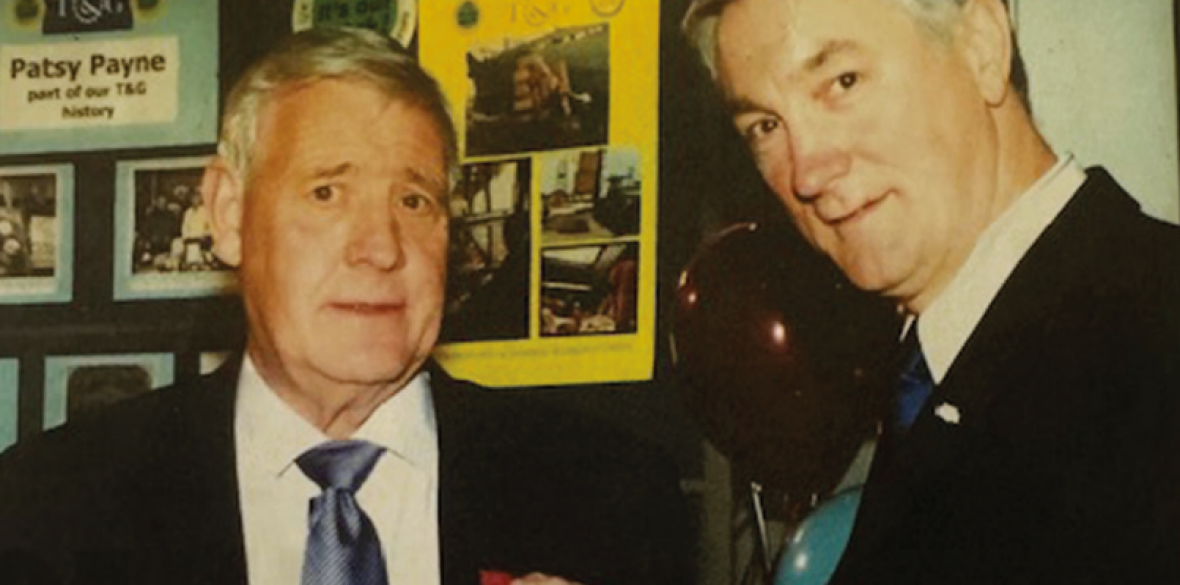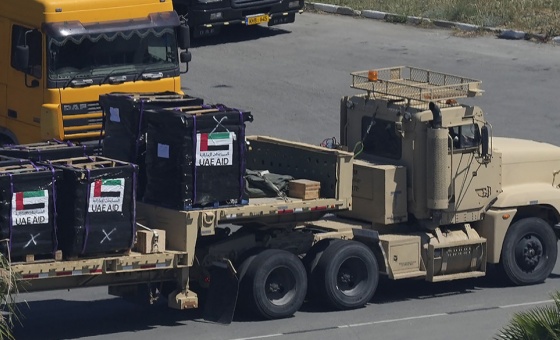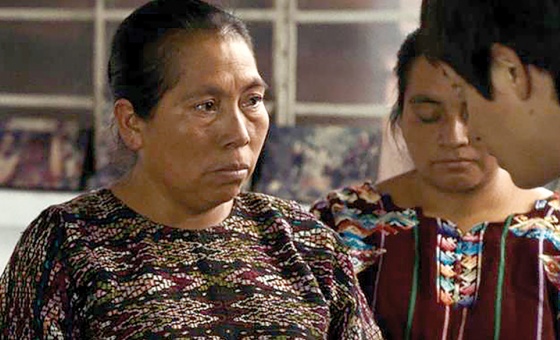This is the last article you can read this month
You can read more article this month
You can read more articles this month
Sorry your limit is up for this month
Reset on:
Please help support the Morning Star by subscribing here
A FORMER London dock worker, Patrick “Patsy” Payne was born in Limehouse in the East End of London in January 1938. Patsy was involved in almost every march and demo in support of workers’ rights and socialist causes, fighting and campaigning for trade union freedom and effective workers’ organisation. He combined his passion for justice and the cause of labour with a love of family and friends.
Patsy was always proud of his union and industry connections with Australia throughout his life and work in London’s docks. He was particularly proud of the role Australian unions and dock and wharf workers played in supporting the famous 1889 Great Dock Strike in London in which Patsy’s grandfather played a part. He paid tribute to Australian trade unionists, and particularly to the MUA, which has inherited the powerful history of Australia’s maritime and port transport unions.
He left school at 14 years of age; Patsy’s father signed him up as a member of the Transport and General Workers’ Union (T&G) at the age of 16. He began his working life in the RAF in 1956, doing his national service like all other young men at the time.
After completing his national service, Patsy followed his father and grandfather into London’s docks; he went to work in the East India dock in 1958 and then moved to the West India dock in 1963.
Two years later Patsy moved again to Tilbury docks on the borders of London and Essex, remaining there until 1989 when he was unfairly sacked for his trade union activities, resisting the notorious Thatcher government’s abolition of the National Dock Labour Scheme, established in 1948 by Labour prime minster Clem ATtlee and his radical post-war Labour government.
Patsy and 16 other sacked shop stewards eventually won the longest-ever industrial tribunal case in Britain; unfairly dismissed for their trade union activities, a case which lasted some two years.
Active trade union life involved Patsy from the beginning. When he started work on the docks on Monday he was on strike on Tuesday and Wednesday in support of the local hospital, Poplar Hospital, threatened with closure.
From the very beginning, Patsy was imbued with a sense of solidarity and discipline through his union. Many, in fact, most, strikes he was involved with were in support of others rather than for himself and his dock worker members.
He always attended his local branch of the T&G, the 1/10, which met monthly. This branch incidentally was the branch of which Ben Tillet, the founding general secretary of the Dock, Wharf, Riverside and General Labourers’ Union, the forerunner of the T&G, was a member. He and the other dockers would stop work at five o’clock when the branch met as the rule was that no-one worked overtime on branch night.
A list of offices he held in the union does not do justice to his immense contribution; here are just some of them.
In 1968 Patsy became a shop steward in Tilbury Docks for the rail container terminal; in 1970 he became chair of the shop stewards committee at Tilbury and in 1972 he became part of the national unofficial liaison committee made up of dock shop stewards from all over Britain. He was also chair of the local docks branch of the union.
He was elected as a delegate to the T&G’s regional docks and waterways committee covering London and east coast and southeast ports; he was subsequently elected chair of the committee and elected as a delegate to the union’s national docks and waterways committee.
Patsy was elected to the powerful T&G Region 1 Regional Committee covering London, the South East and East Anglia. Region 1 was the largest of the T&G’s 11 regions, and at one point over 500,000 members strong; he served on the regional committee for over 20 years. He was elected chair of the regional committee, a role he held for 14 years.
An internationalist, he visited South Africa as a guest of the South African Transport and General Workers’ Union and Cuba as a guest of the Cuban transport workers’ union.
Patsy regularly attended the TUC Congress and was a member of the TUC Regional Council, SERTUC. He also attended the national and regional Labour Party Conference as a T&G delegate. He resigned his membership of the Labour Party when Tony Blair, under false pretences, took Britain into war in Iraq.
John Lennon sang: “A working-class hero is something to be.” Patsy Payne certainly was a working-class hero.












